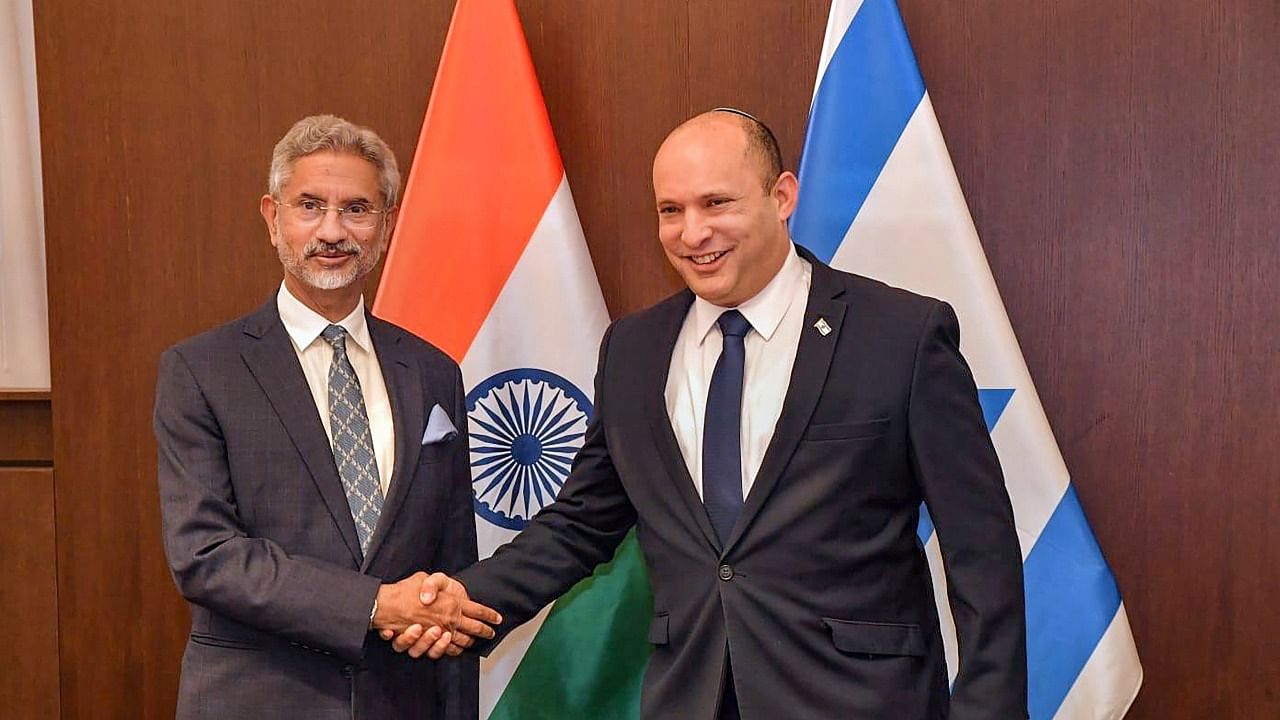
India, Israel, the US and the UAE have decided to form a new quadrilateral grouping in West Asia. While there is little clarity regarding the shape and scope of the ‘new Quad’ or the ‘2nd Quad’ as it is being referred to, the other Quad being the India, US, Japan, Australia grouping in the Indo-Pacific region, early statements suggest expansive economic and technology co-operation, drawing on the strengths of the four participating countries, are likely to be important items on its agenda.
Unlike its older counterpart, which was envisaged as a ‘quadrilateral of democracies’ that came together in response to an increasingly assertive and aggressive China, the four members of the new Quad do not share a similar political system; the UAE is a monarchy, the other three are democracies. Neither do they share security threat concerns. So far, there is little to suggest that the new Quad envisages a strategic or security role for itself.
Still, the new Quad is a historic development. This is the first time that India is entering a regional cooperation arrangement in West Asia. Given the bitter conflicts in this region, India had hitherto avoided getting into any arrangements here as it did not want to be seen to be joining one side against another. Hence, it preferred to develop relations with countries bilaterally. Thus, India had strong relations with Israel and Iran, as well as Saudi Arabia. By deciding to form the new Quad that includes Israel and the UAE, India appears to have overcome earlier inhibitions. The Abraham Accords and the normalisation agreements of 2020 that bridged the gulf between Israel on the one hand and the UAE and Bahrain on the other dramatically redrew diplomatic relations and strategic ties in West Asia, paving the way for India to consider joining hands with regional powers.
India’s already strong energy, technology and economic ties with West Asian countries will grow once the new Quad gathers momentum. However, there are minefields that India must stay clear of. India must not get drawn into the region’s conflicts. Importantly, India must ensure that the new Quad’s decisions do not adversely impact its relationship with Iran. India should help the new Quad build bridges with Iran, just as Israel should use its good offices with Beijing to rein in China. India is increasingly shedding its inhibitions over joining groupings and this is good, so long as it is not bound into exclusive relationships. Being a part of the new Quad should not restrict India’s outreach to Iran. China manages strong parallel ties with both Iran and Israel. India should be able to do so, too.
Check out the latest DH videos: